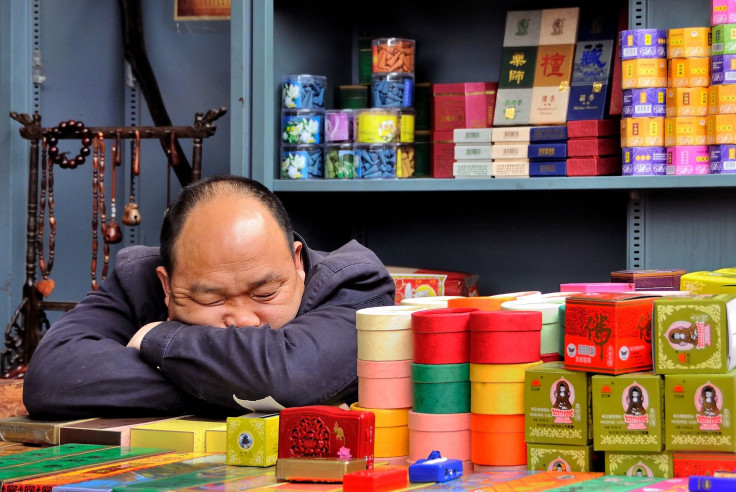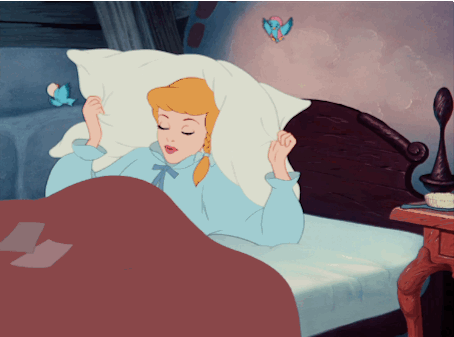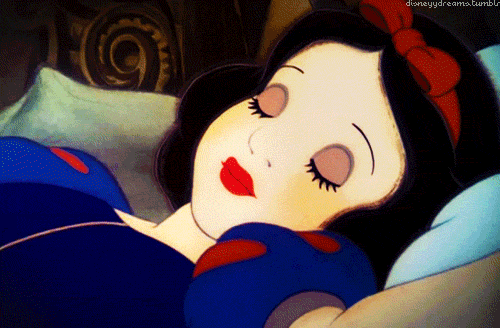The Scientific Reason You Feel Sleepy When You're Sick

You know you’re really sick when you can barely keep your eyes open. But why is that?

Researchers think they have a lead on the answer. According to a study of roundworms in eLife, a chemical previously identified for its role in making organisms fall asleep actually works “by turning down activity in the cells in the nervous system that promote wakefulness.” The team specifically fingered a protein called DMSR-1, saying it is necessary to induce sleep: One in 10 nervous system cells in the worm — which signal the creepy crawler to move or look for food — contain that protein receptor which works with chemical FLP-13, but worms lacking the receptor due to a genetic mutation do not get sleepy when the chemical is released.
Read: Nap Tips for Bad Sleepers
FLP-13 is released during an illness, and the sick sleep that follows could be a different kind of rest from regular sleeping. According to the study, the sick animals stop normal behaviors like feeding and responding to most things in their environment.
“Sleep is vitally important in helping both people and animals to recover during sickness,” senior author Dr. David M. Raizen, a neurology professor, said in a statement from the Perelman School of Medicine at the University of Pennsylvania.

And previous research has shown that getting more sleep when you’re sick is better for healing.
One of the next steps is to find out if the mechanism in the worm that drives sick sleepiness is also at play in humans, and that discovery could lead to new medicines.
“It remains to be seen whether sleep in response to acute illness in other animals functions in a similar fashion,” the study says. If it does, “then drugs might be developed to treat people experiencing fatigue associated with sickness as well as other unexplained cases of fatigue.”
There is also more to be learned about the DMSR-1 receptors, such as whether chemicals other than FLP-13 are working with them to make us tired — and the researchers say that is likely. “But the identities of these other chemicals remain unknown,” the study says.
Source: Raizen DM, Iannacone MJ, Beets I, et al. The RFamide receptor DMSR-1 regulates stress-induced sleep in C. elegans. eLife. 2017.
See also:
Naps Will Keep Your Mind Sharp



























